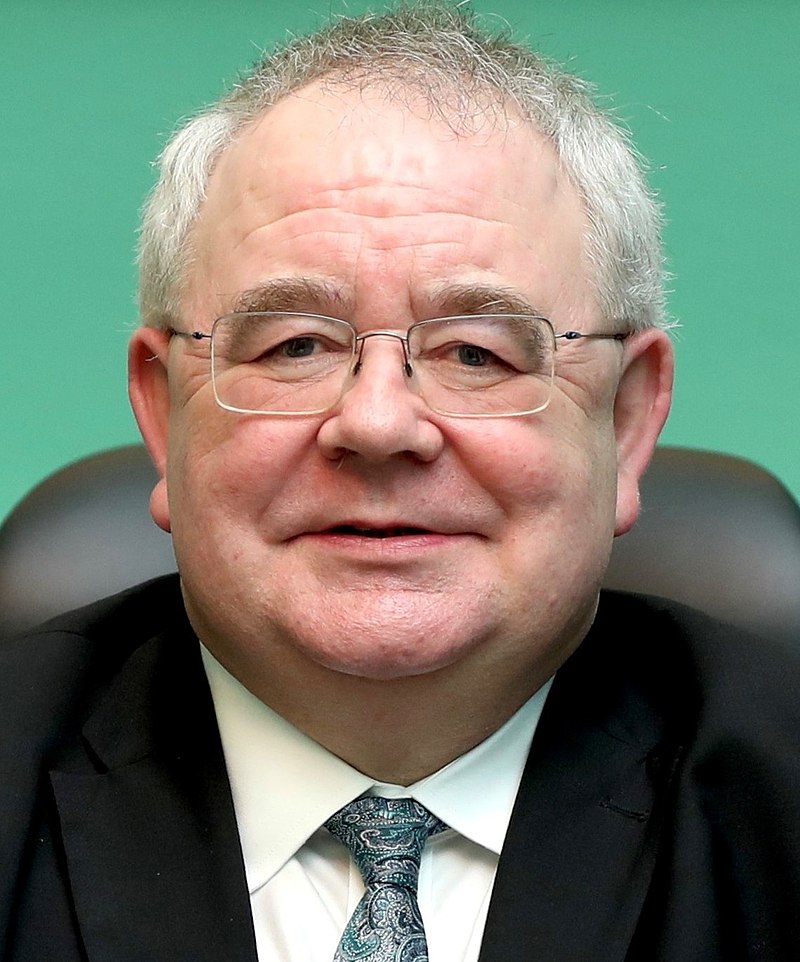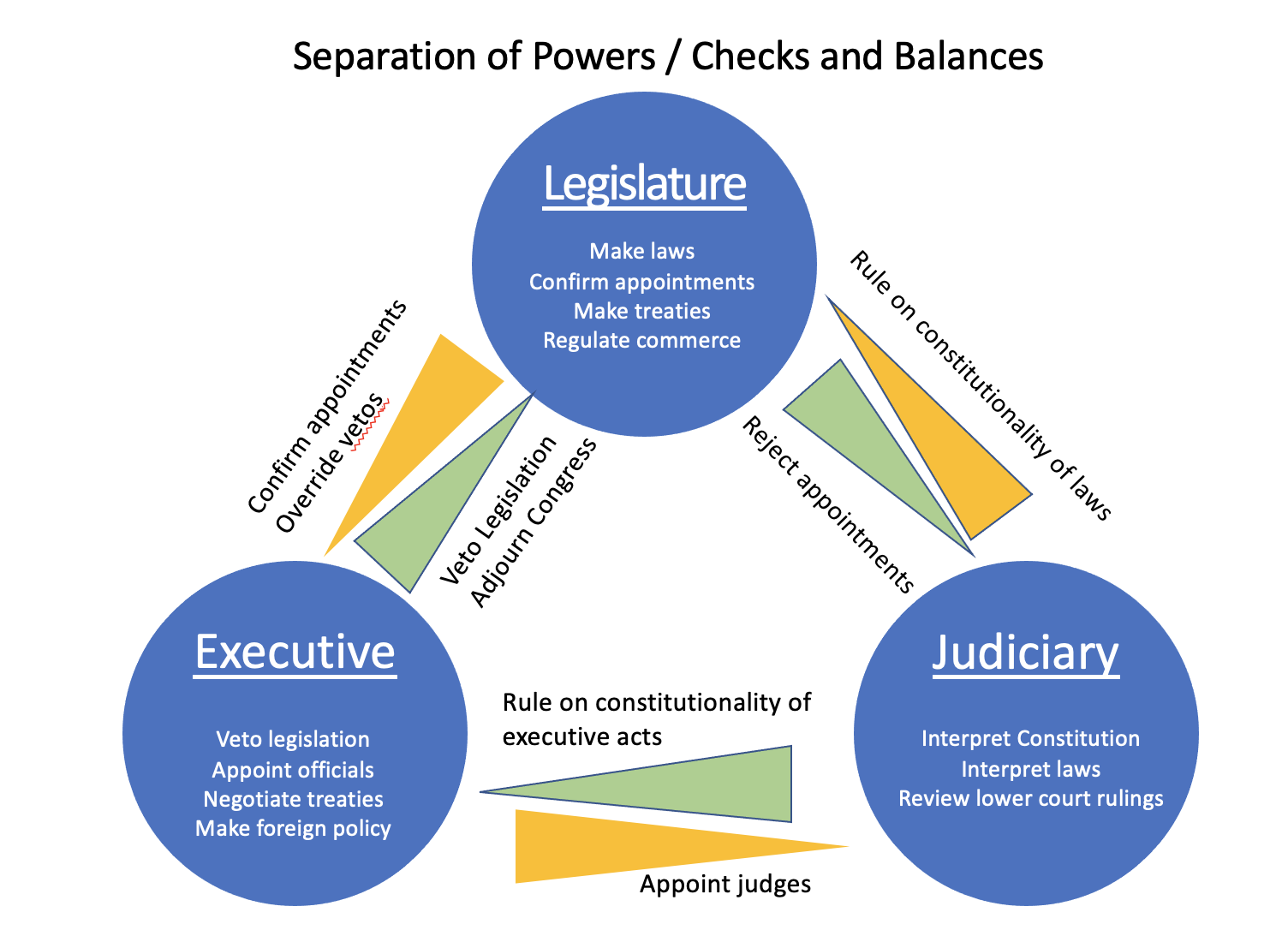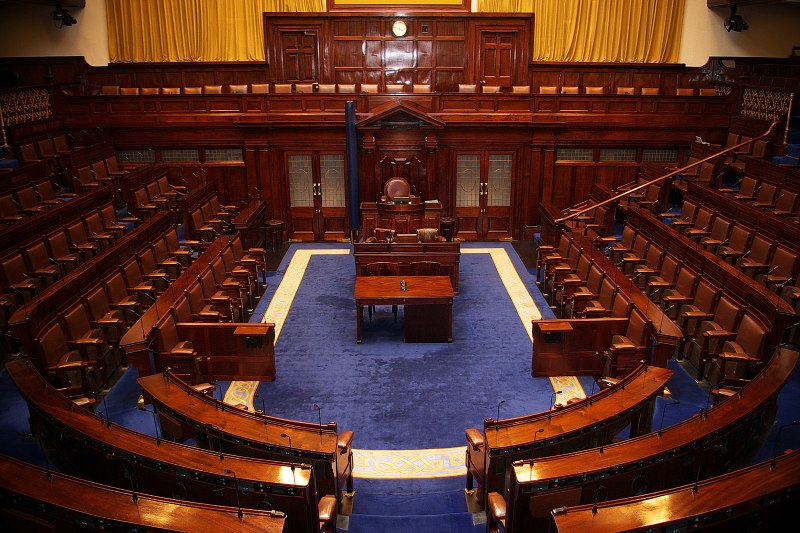Since my last article detailing the manner in which the Office of Parliamentary Legal Advisor (OPLA) has been eroding Irish democracy, I have become acquainted with the Dunning Report (Capacity Review of the Office of the Parliamentary Legal Advisor (OPLA) of the Houses of the Oireachtas) of December 2016.
This recommends a very modest expansion to the Office. Its main recommendations have, however, been ignored. The Office we are left with is an authoritarian, over-sized entity that inhibits the capacity of elected representatives to ask parliamentary questions, at a significant cost to the exchequer and in breach of the separation of powers.
Moreover, there is little evidence, as we will see, that its ostensible purpose of assisting Dáil deputies – unaligned or from minority groupings – to pass private members bills is being fulfilled.
The key recommendations of the Dunning Report are as follows:
- That OPLA, which then had eight legal staff, should not be put on a statutory footing.
- That OPLA should remain an independent entity.
- That OPLA should be expanded incrementally, over a number of years
- That this should be reviewed eighteen months after its modest expansion.
- That it would go from the eight legal personnel in 2016 to a maximum of eleven, and that two additional administrative staff should also be assigned.
- That the cost of this modest expansion should not exceed a quarter of a million euro per annum.
The Dunning report allegedly emerged out of a sub-committee on Dáil Reform, chaired by Cheann Comhairle Seán Ó Fearghaíl in 2016. The sub-committee met for the last time in May 2016. Dunning worked on their recommendation. The key recommendation was for a modest expansion to OPLA to assist with Private Members Bills.
However, by 2018 OPLA had already taken on an additional sixteen legal personnel – from eight to twenty-four, thirteen more than Dunning had recommended. The high cost of this was signed off on by the Department of Public Expenditure and Reform, under Robert Watt as Secretary General and Accounting Officer.
OPLA appears to be the creation of the Dáil Clerk Peter Finnegan and the incumbent Cheann Comhairle Seán Ó Fearghaíl, who have completely departed from the Dunning recommendations.
Remarkably, the required legislation received no scrutiny and there were no committee stages. It was signed into law by the President on December 27, 2018. Its effect is that the Oireachtas is now often limited to rubber-stamping bills.
I have written to Seán Ó Fearghaíl several times since last November regarding my own inability to have the Dáil records corrected, where parliamentary questions have been undermined for over two years now. He has not replied.
Bernadette Gorman explains why the Office of the Parliamentary Legal Advisor is delivering a "hammer blow" to Irish democracy by amending parliamentary questions.https://t.co/W5rv2cKlA8@MarcMacsharryTD @BowesChay @paddycosgrave @PearseDoherty @RBoydBarrett @CathMurphyTD
— CassandraVoices (@VoicesCassandra) November 16, 2022
Constitutional Crisis
It is no exaggeration to say we are in the midst of a constitutional crisis, and that the Cheann Comhairle, the Leas Cheann Comhairle and the Dáil Clerk are all involved.
In its current configuration OPLA is an unconstitutional, legal hit squad, sabotaging the operation of the Oireachtas. It has no business involving itself in parliamentary questions or committees. Its role ought to be confined to giving legal advice to members drafting Private Members Bills.
Having failed to conform to the Dunning recommendation, it should now be disbanded forthwith. Its chief officer Melissa English should not be working with and reporting to the Dáil Clerk, and nor according to Dunning should she have statutory powers.
It seems that anyone now raising parliamentary questions (PQs) on any matter that senior civil servants wish to hush up are being undermined by the Cheann Comhairle, the Leas Cheann Comhairle and the Dáil Clerk, as well as OPLA.
I previously (unsuccessfully) attempted to ascertain via PQs how many bogus doctors have been used across state agencies over the past three decades. This caused the legal heavy gang to fire off threats in an area over which they have no jurisdiction.
Standing Orders were infringed in the replies to my PQs. I tried to have that infringement rectified by the Committee for Parliamentary Oversights and Privileges (CPPO). However, members of the Committee informed me that my submission was never circulated or heard.
I even wrote to Micheál Martin as Taoiseach to make him aware of this. His response was to say that the Cheann Comhairle is a constitutionally independent office.
Melissa English, the head of OPLA in an article for Eolas Magazine in March 2019 said the OPLA had been extended and put on a statutory footing following the Dunning report of December 2016. The Dunning report allegedly followed on from recommendation of a “final report of the Sub-Committee on Dail Reform in May 2016.”
The case for OPLA’s expansion was, according to Dunning, based on a huge increase in the number of Private Members Bills (PMBs) tabled by opposition TDs, especially independents. OPLA was conceived of as an entity that would assist all non-Government TDs and Senators in Leinster House to perform their jobs.
The overall argument for the expansion of OPLA was to speed-up the through-put of such bills to legislative completeness, so that the legislative process would operate more smoothly. It was felt to be unfair that legislation brought in by Government had the resources of the office of the Attorney General and expert parliamentary drafters, while opposition TDs from small parties and groupings had no such legal expertise at their disposal.
The focus of the Dunning report is on the role of OPLA in private members’ bills. He noted that there may be issues with opposition groupings and independents taking up the services of OPLA. For that reason Dunning recommended that it was vital that that OPLA remain independent. He also explicitly recommended that it should not be put on a statutory footing as previously stated.
Even more to the point, he recommended that the operation of a modestly expanded OPLA be “implemented incrementally”, when referring to an OPLA with only three additional legal personnel – that is eleven in all.
It begs the question: how did it go from eight to twenty-four personnel in two years, and why was it put on a statutory footing in defiance of Dunning’s recommendations? Its growth is certainly not commensurate with an increase in the number of private members bills. Instead, it has become a sinister entity designed to muzzle democracy.
Dunning also recommended that it should be reviewed eighteen months after implementation, rather than being guillotined onto the statute books just before Christmas 2018, after virtually no Dáil debate, and certainly no pre-legislative scrutiny.
Parliamentary legal adviser to the Oireachtas https://t.co/Aw3PfrHOGT
— Mellissa English (@EnglishMellissa) March 25, 2019
Rapid Expansion
Furthermore, Dunning recommended that the head of OPLA should be upgraded to Assistant Secretary rank and for the appointment of three legal experts in the rank of Principal Officer (PO) and a third in the rank of PO, who would be an expert legal drafter. Dunning also recommended two additional administrative staff at middle ranking civil service grades.
At the time of Dunning report there were already eight lawyers, two legal researchers and two further administrative staff. Thus, the report recommended a total of eleven lawyers and four administrative staff. Yet by 2018 OPLA had expanded, according to Melissa English in the Eolas article of March 2019, to twenty-four legal personnel creating a total staff of thirty-five, along with a further eleven administrative staff.
Dunning also recommended that the head of an expanded OPLA (upgraded to Assistant Secretary rank and pay scale) should be filled through an open competition. This also didn’t happen. The murky legislation in the 2018 Houses of the Oireachtas Commission Amendment Act provided for the appointment to be made by the Dáil Clerk himself.
Perhaps the most alarming aspect of all this is the manner in which legislation putting OPLA on a statutory footing was passed into law: the Houses of the Oireachtas Commission Amendment Act 2018 does not seem to have gone through a committee stage, or pre-legislative scrutiny.
A member of the sub-committee I spoke to claims it didn’t go through the Dáil or any pre-legislative scrutiny and suggested that this was done by the Houses of the Oireachtas Commission. However, the Houses of the Oireachtas Commission is not vested with the authority to pass legislation.
The Houses of the Oireachtas Commission was established in 2004 following the passing of the Houses by the Oireachtas Commission Act 2003. It made provision for a committee of eight members of the Dáil and Seanad, along with the Cheann Comhairle, and Cathaoirleach of the Seanad.
Crucially, Dáil Clerk Peter Finnegan is also an ex-officio member of this Commission and, even more importantly, he heads the management board of the Houses of the Oireachtas Commission – a civil service entity, comprising the Clerk of the Dáil, the Clerk of the Seanad, Martin Groves, and four more Assistant Secretaries, one of whom is, since 2018, Melissa English as head of OPLA, one external member and one Principal Officer.
To add to the confusion, the Houses of the Oireachtas Commission also has an audit committee, comprising three different TDs and four more senior civil servants. Prior to the Houses of the Oireachtas Commission being established in 2004 the Houses of the Oireachtas was run and staffed in accordance with the Houses of the Oireachtas Act 1959 and the Civil Service Commissioners Act 1954.

Cheann ComhairleSean Ó Fearghaíl
Stages of the Bill
Having by-passed the committee stage the bill was deemed to have passed a series of almost phantom stages in the Dáil and Seanad in late December 2018 at a point when the Dáil was rising for the Christmas recess, although the then Fine Gael junior minister in the Department of Expenditure and Public Reform did announce the Bill in the Dáil and Senator Gerard Craughwell backed it in the Seanad.
It was deemed to have passed the first stage in the Dáil and Seanad on Monday 10 December 2018 yet, bizarrely, the Dáil record shows neither House sat that day!
Nonetheless, all five stages of the bill were deemed to have been passed on Tuesday December 18, and the Dáil website supports this, despite the Dáil sittings record showing the bill was not even considered.
The President of Ireland, Michael D Higgins signed the Act into law on 27th December 2018. The entire process was a violation of the Constitution, as legislation appears to have been slipped in via the channel of the Houses of the Oireachtas Commission, a body entirely dominated by a supporting management committee of civil servants under the auspices of the Dáil Clerk, Peter Finnegan. To be clear, the Houses of the Oireachtas Commission has no constitutional authority to pass legislation.
Two personalities are a constant in this constitutional travesty: Seán Ó Fearghaíl as Cheann Comhairle and chair of the sub-committee leading to Dunning’s review, and Peter Finnegan, Dáil Clerk. Ó Fearghaíl chaired the sub-committee on Dail reform, which allegedly provided the justification for OPLA’s vast expansion on a statutory basis under the Dail Clerk, in defiance of the recommendations of the Dunning report.
Ó Fearghaíl and Peter Finnegan are also members of the Houses of the Oireachtas Commission, of which Finnegan is the Manager, as well as being head of the management team of the Houses of the Oireachtas supporting the Commission, comprising five top civil servants.
It would appear that the Houses of the Oireachtas Commission has un-constitutionally created an Oireachtas within the Oireachtas.

Violation of Separation of Powers?
Very grave questions arise from the use of OPLA as a legal heavy gang punching down unlawfully. It has regularly exceeded its remit since the passing of the Houses of the Oireachtas Commission Amendment Act 2018.
Arguably, this amounts to a constitutional crisis. Mr Finnegan has been reported to SIPO and to the TLAC civil service Commissioners who have not acted. But then he’s on the SIPO Commission, which is another conflict of interest.
Apart from the unscrupulous expansion of OPLA, well in excess of Dunning’s recommendations, the take-up of the OPLA services in Private Members Bills (PMBs), anticipated by Dunning, has not happened. Nor has there been any discernible increase in the passing of PMBs.
A glance at the Houses of the Oireachtas annual reports reveals no expansion into service by OPLA in PMBs. In 2021 there were a total of 113 PMB, but OPLA only gave advice on 56 of these, and only provided drafting service to 36. None of the bills successfully passed.
The statistics for OPLA’s work show that most of its “advices” are to the Houses of the Oireachtas service itself and of the 639 “advices” it provided in 2021, 493 were to the service itself and 143 were advice to committees.
In addition, they are heavily involved in Protected Disclosures, FOI requests and Employment Law. None of this was envisaged by Dunning.
So, how did a vastly bloated, OPLA pass into law in a manner contrary to the recommendations of the Dunning report? How and why was it put on a statutory footing under the Clerk of the Dáil in 2018, when Dunning recommended that it shouldn’t be put on a statutory footing?
It seems as if OPLA has become an unconstitutional, authoritarian entity designed to snuff out an essential feature of Irish democracy. Under the pretence of a pressing need for legal assistance in PMBs, a legal monstrosity has been installed in the Houses of the Oireachtas.
OPLA violates not just the Dunning report, but the Separation of Powers under the Constitution, as it has been integrated into the executive wing of Government under the Dáil Clerk, all at vast cost to the taxpayer.




